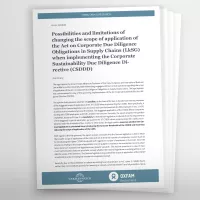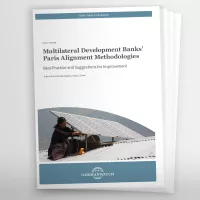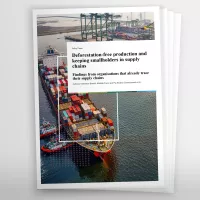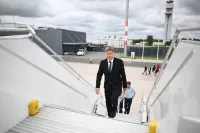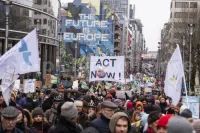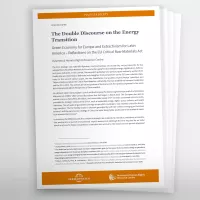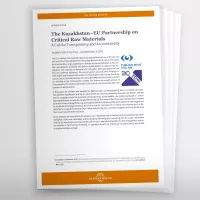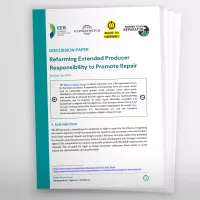
The EU has recently adopted a number of regulations to facilitate the extended use of products as well as product repairs and reuse. However, these regulations fail to address a key obstacle to repairs: The costs. This is why we are calling for subsidised consumer repairs. To achieve this, the Extended Producer Responsibility must be fundamentally reformed.

